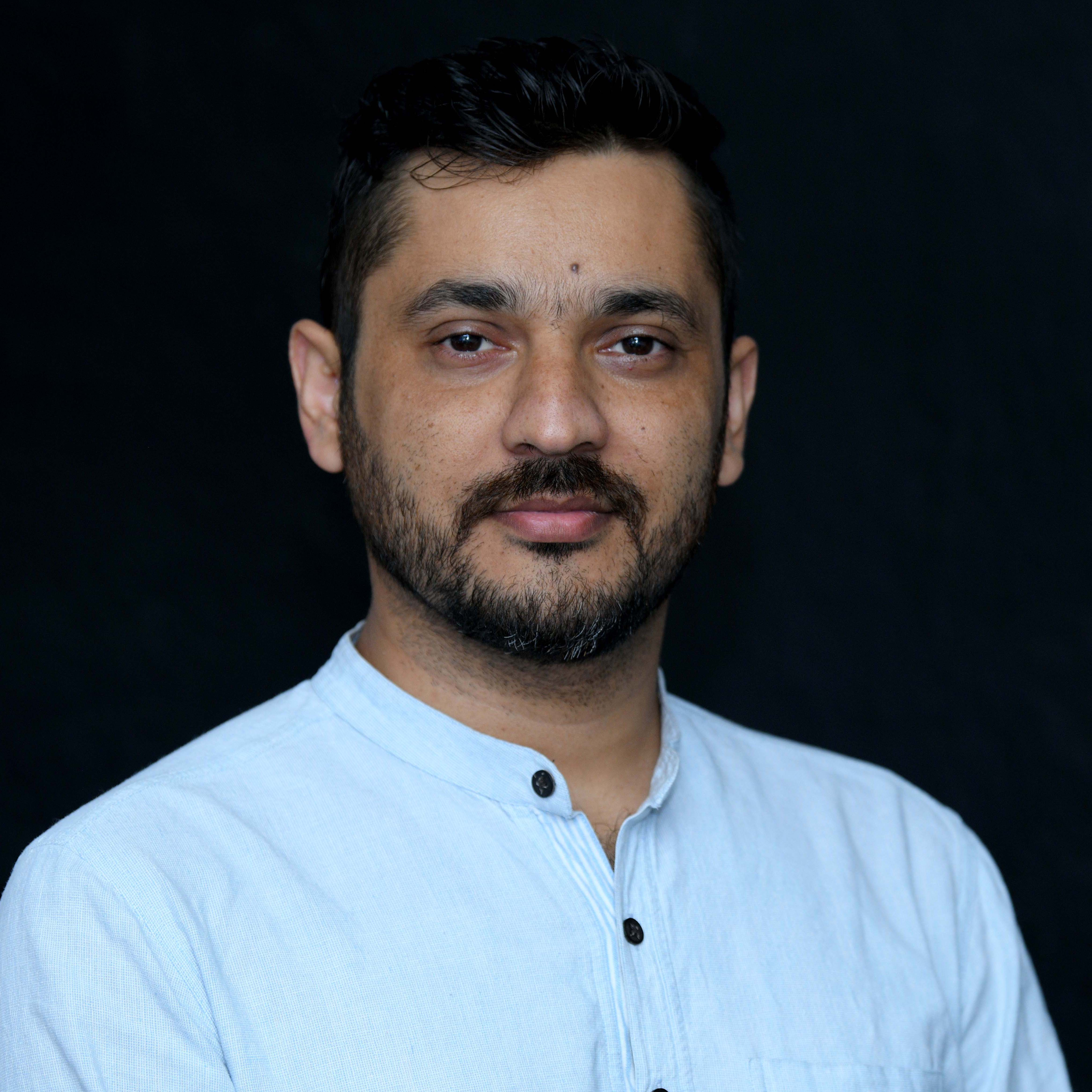Columns
Of millenials and ‘mangled’ Nepali on social media
Nepali grammar nazis need to ease up and let the new generation communicate in the lingo of the times.
Dinesh Kafle
In Nayan Raj Pandey’s novella Ulaar, Rajendra Raj Sharma, a cunning local leader, has considerable political clout partly because, ‘If need be, he could even speak English.’ The ability to speak English, the narrator thus tells us, is a sign of power and privilege. There are obvious advantages of knowing this global language: it gives you an edge over others during job competitions; it connects you to the world beyond your cultural cocoon; and it gives you a few extra points during verbal fights in a ‘civilised’ setting if you shout in English.
For the longest time, we have known that English ability correlates with status in Nepal. That is perhaps why many of us took pains to polish our English and use ‘perfect’ English whenever we could. We would be extra careful when deploying English also because we didn’t want to get caught out the grammar prescriptivists—the grammar nazis waiting to puncture our pomposity. Today, however, almost as a backlash to our English aspirations, we are coming under flak from prescriptivists of another sort—grammar nazis who police our use of Nepali.
English once landed me into trouble when I unwittingly resorted to it to respond to a friend’s question on Facebook messenger. Oye, Angrejibaaj! Speak in Nepali, she said. She added in nearly these terms: I know you studied English literature, but you don’t need to switch to English when chatting with me.
But how many of us who came of age during the advent of the Internet age claim to be able to stick to just one language during our chats? Isn’t switching between languages second nature to the millennials who know two or more languages?
My friend found my switch to another language a sign of rudeness. But for me, it was a necessity, as I can’t type in Nepali Unicode. Having never mastered Unicode typing, I uninstalled it from my phone and use the web version when absolutely necessary. And since I’m used to chatting with friends in English, I find it difficult to chat in Nepali—be it in Roman or Unicode. And when difficult questions are asked, it is only natural for me to turn to a language that I can type quickly and confidently.
This must be true for a large population of millennials who grew up on a staple diet of the Internet and social media. If much of the information we consume today comes in English, how is it rude to express ourselves in English, especially with those who you know how to speak English well?
The younger generation of Nepalis is so used to texting in English that they consider those typing in Nepali an aberration. My young friends report to me that they have been called pakhey for speaking or texting in Nepali. For example, kids routinely shorten bhanchha to van6, mostly for speed and expediency. Maybe my friend would like to admonish the youth for plotting to desecrate the Nepali language, but they are simply using an Internet-age dialect of Nepali just as she was using Romanised Nepali to chat with me.
Speaking of romanised Nepali, little would my friend know that she would fare worse than me if we were to be taken to the courts of self-styled grammar nazis—those who compulsively correct the grammar of other people—in the Nepali Twittersphere.
There is a small but influential section of grammar nazis who take the Nepali language a bit too seriously and chastise those who use romanised Nepali in social media. In their little utopia of linguistic purity, there is no space for Romanised Nepali. If you’re found using it to comment on their posts, you will first be chastised, then asked to either revise or delete your comment and even be blocked if you are a habitual offender. Global Twittersphere has a hashtag for them: #GrammaNazi.
The presence of the Nepali grammar Nazi often spills over the real world, casting an eagle’s shadow over those who speak without giving much thought to the language. Those of us who have been their victims laugh at them and bitch about them, but we are eternally scared of them. Such is their influence that last year, a famous writer-cum-raconteur stayed mostly silent throughout a Kathmandu-Pokhara bus journey for fear of his jokes being corrected by the grammar Nazis present in the bus.
Since language is intrinsic to our personality, it is annoying to have our grammar corrected each time we speak or write. It is equally annoying to be self-restraining in our expressions knowing that there are grammar nazis out there with their linguistic dagger out of its scabbard.
English-baiters and grammar Nazis alike belong to the same spectrum of conservatives who see language not as a conduit of human communication but as a fossilised entity built on a fixed set of rules. It is about time they started appreciating the technological changes around and leaving people with different typographical and linguistic abilities alone when it comes to the usage of language in social media. As a great democratic space, social media allows us to publish our thoughts even if we have bad grammar, language, pronunciation and spelling or the inability to adapt well to technological changes. The last thing we would want to see is the disapproval of others who don’t share the same problems.
***
What do you think?
Dear reader, we’d like to hear from you. We regularly publish letters to the editor on contemporary issues or direct responses to something the Post has recently published. Please send your letters to [email protected] with "Letter to the Editor" in the subject line. Please include your name, location, and a contact address so one of our editors can reach out to you.




 9.7°C Kathmandu
9.7°C Kathmandu















